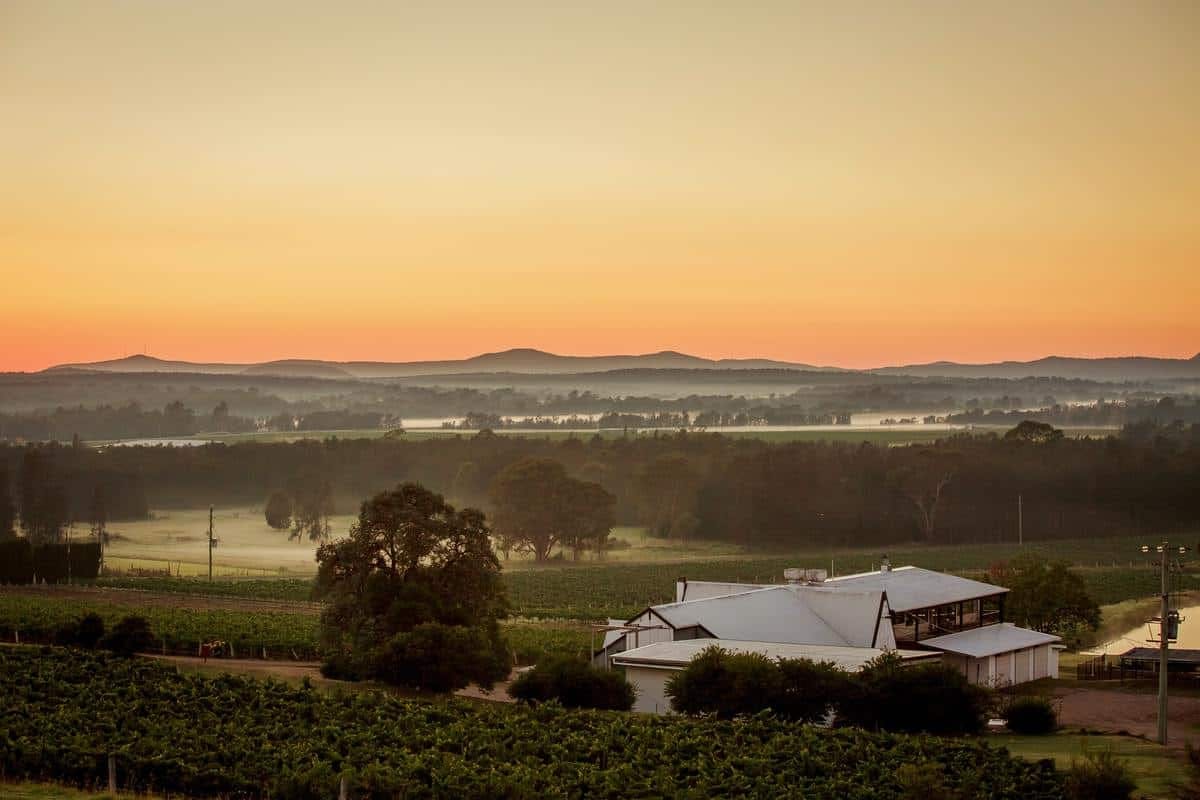The third annual Daily Telegraph Bush Summit, held last Friday, saw community leaders, policymakers and politicians meet to discuss the opportunities and significant challenges that face the bush.
Acting Prime Minister Barnaby Joyce clashed with Co-Founder/Co-CEO of tech company Atlassian Mike Cannon-Brookes when they met to discuss how the journey towards net-zero will impact rural Australia.
Net-Zero plan
The discussion heavily featured the net-zero pamphlet Prime Minister Scott Morrison presents to world leaders at the COP26 this week. Mr Cannon-Brookes said that, “There are things in the pamphlet that I agree with.” But, he said that he didn’t understand how the targets would be met.
The plan has been widely criticised for its lack of detail on action or funding. The plan initially faced pushback from the National party.
Mr Joyce told the summit his party reluctantly agreed to a net-zero target for political reasons rather than to protect rural communities from the impact of climate change.
Methane and the beef industry
The plan commits to the reduction of all greenhouse gases, not just CO2. This means the removal of methane is included in the plan. Mr Joyce expressed his concern that committing to net-zero will impact the beef industry, which produces 40 per cent of Australia’s methane.
Mr Cannon-Brookes hit back at Mr Joyce’s claim that net-zero would destroy the beef industry. He referenced the Government’s “gas led recovery” and the fact that natural gas extraction is a methane-producing process.
He said, “How are we going to get methane down to zero? Is it going to come at the expense of the gas industry or ag (agriculture)? Where is it going to come from?”
Renewable energy
The pair butted heads over the reliability and cost of renewable energy sources. Mr Joyce said that renewables were overpriced and unable to fulfil Australia’s energy needs. He used England’s energy crisis as an example of how renewables, in his words, are “unable to fill the void.”
In reality, a multitude of reasons have caused the English energy crisis. From international relations with Russia, to its reliance on the rest of Europe for its domestic electricity. The use of renewables has not caused the crisis.
Mr Joyce hit out at renewables, saying they contributed to Australia’s rising energy costs. He said, “To say that wind makes power cheaper … We’ve had a six-fold increase in power prices in a year.” Mr Joyce added it was a “BS argument” that power prices and reliability were not affected.
Mr Cannon-Brookes said, “Blaming renewables is the same old tired argument”. He noted they had contributed to a 7 per cent drop in NSW power prices.
Rural Australia
The two discussed the economic and community impact of renewable energy on Australia’s regions. Mr Joyce disagreed with Mr Cannon-Brookes that renewables would underpin the economy of regional towns in Australia.
Mr Joyce said, “I can’t think of one renewable town in Australia, not one, so all these hundreds of thousands of jobs, surely there would be some of these ‘renewable’ towns popping up. But they don’t exist because it’s a mythical statement.”
It is worth noting the entire state of Tasmania may be considered a “renewable town” as it relies exclusively on the use of renewable energy. South Australia, too, depends on renewables to provide the majority of its power.
Mr Cannon-Brookes said, “I can’t tell you where there’s a renewable town in Australia because it’s all of them.”
He continued: “Australia’s future is underpinned by renewables in a decarbonised economy, in every region in every town.”
Mr Joyce concluded his comments by saying the government had to be honest with regional Australians. He said, “Right now, we are exporting more coal at a higher price than ever before, and that’s the truth.”
Mr Cannon-Brookes ended by condemning the government’s lack of meaningful action in tackling emissions reduction. He criticised the plan for its lack of detail and ambition, saying, “We need a plan. We don’t have one.”
Read more:Australian dairy goes green
Keep up to date with our stories on LinkedIn, Twitter, Facebook and Instagram.

